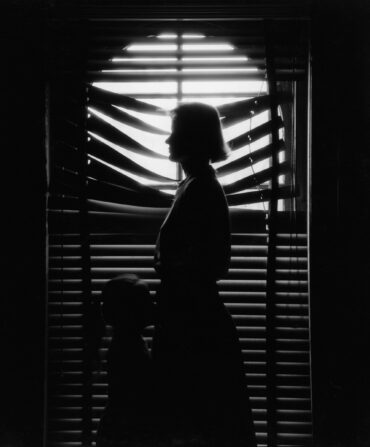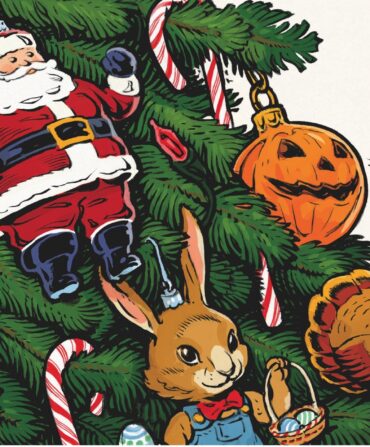If the whole of philosophy is a footnote to Plato, as someone once quipped, then the whole of American literature might be deemed a footnote to Adventures of Huckleberry Finn. Ernest Hemingway certainly thought so: “All modern American literature comes from one book by Mark Twain called Huckleberry Finn,” he once famously said. “There was nothing before. There has been nothing as good since.” In 1959, the intellectual Norman Podhoretz wrote that “no other American novel (with the possible exception of Moby-Dick) has been so thoroughly ransacked for motives and morals, so lovingly examined, so jealously claimed as an ally in so many different polemical campaigns.” It’s read as a key, he went on, “to the very essence of the American imagination.”

All of which makes Percival Everett’s gambit, in re-imagining Huckleberry Finn from the escaped slave Jim’s perspective, something more than audacious. With James, Everett has mounted a high-stakes, revisionist raid not just on Twain’s imagination but on ours as a nation. Jim, you may recall, served as the moral center of Twain’s 1884 novel, floating alongside young Huck on a picaresque raft voyage down the Mississippi. In James, he gets moved to the actual center, narrating those familiar events—the getaway to Jackson’s Island, the run-in with the duke and dauphin, etc.—as a “man… cognizant of his world, a man who has a family…who has been torn from his family, a man who can read and write, a man who will not let his story be self-related, but self-written.”
You’ve probably heard the name Percival Everett dropped if you spend much time around writers, who tend to hold his thirty-plus books in entranced esteem. That he’s less well-known among the general reading public is something James seems likely to upend. The book is a title-card match, after all, between a brilliantly sly novelist and a cherished national mythology. “An anti-family of two” is how the critic Leslie Fiedler characterized Huck and Jim, “with neither past nor future, only a transitory, perilous present of peace and joy.” Peace and joy? Everett asks, with an eyebrow hiked. For whom?
Jim’s first line of dialogue, in Twain’s telling, was “Who dah?” Everett follows suit but takes it for a bumpier and more elaborate ride: “Who dat dere in da dark lak dat?” A few pages later, out of earshot of any white people, Jim’s diction suddenly shifts; his thick dialect is revealed to be a ruse, the epitome of what we nowadays call code-switching. (As Jim instructs his children: “White folks expect us to sound a certain way and it can only help if we don’t disappoint them.”) This isn’t the only way Everett flips the script. Jim is fluent in contemporary philosophy, owing to his self-taught reading in Judge Thatcher’s library. At night, in his dreams, he debates Locke and Voltaire. (With a suspicious look, Huck tells him, “You sho talk funny in yer sleep.”) He has a wife he loves and seven children he adores. He is nothing less than a man in full.
But still a slave. Generations of English teachers have taught us to view the big brown Mississippi as a refuge for both Huck and Jim, a safe-ish haven from what Huck called the “sivilized” existence. Everett, who was born in Georgia and raised in South Carolina, demands we look deeper and harder. Huck, after all, had staged his own murder around the same time Jim went missing. “Who did I think they would suspect of the heinous crime?” Jim asks. For Huck, the river is a wide ribbon of excitement; for Jim, “a vast highway to a scary nowhere.”
“The boy was highly excited by the adventure of it all,” Everett writes. “I admired that, was envious of it, to tell the truth, to be able to feel that in a world without fear of being hanged to death, or worse.”
Yet Everett is too nimble and shrewd a storyteller to write a mere corrective, however righteous; that’s a job for an essayist. Instead he’s ported over some of the very same elements that have endeared Huckleberry Finn to readers for a century and a half: the broad comedy; the tumultuous escapades; the acidic portraits of riverside riffraff; and, yes, the unlikely and affectionate camaraderie between a free white boy and an enslaved Black man that somehow contained both the hope and the horror of a young nation. “You is a mystery to me, Jim,” says Everett’s Huck at one point, “a sho nuff mystery.” “I reckon I is, Huck,” comes Jim’s reply.









